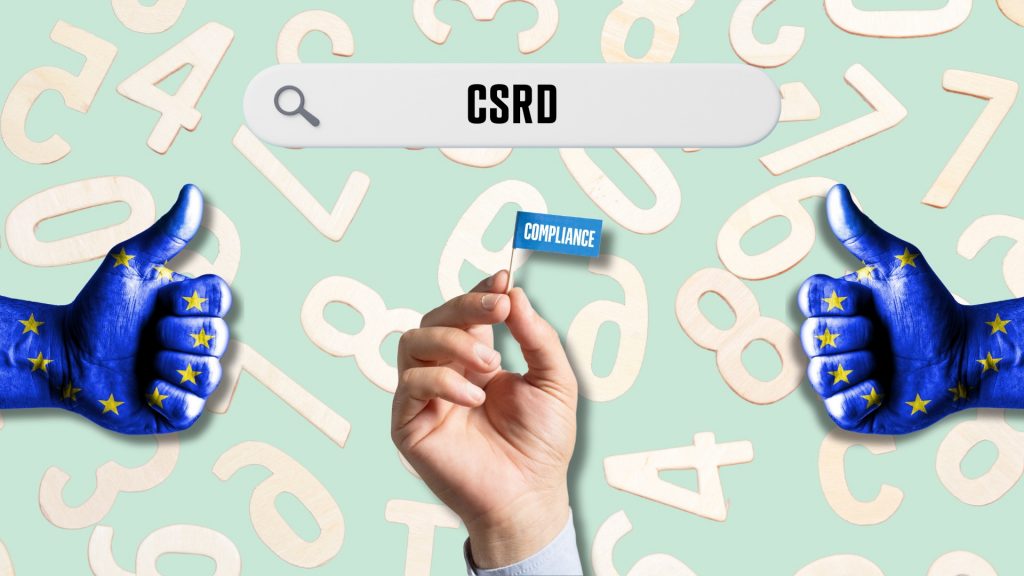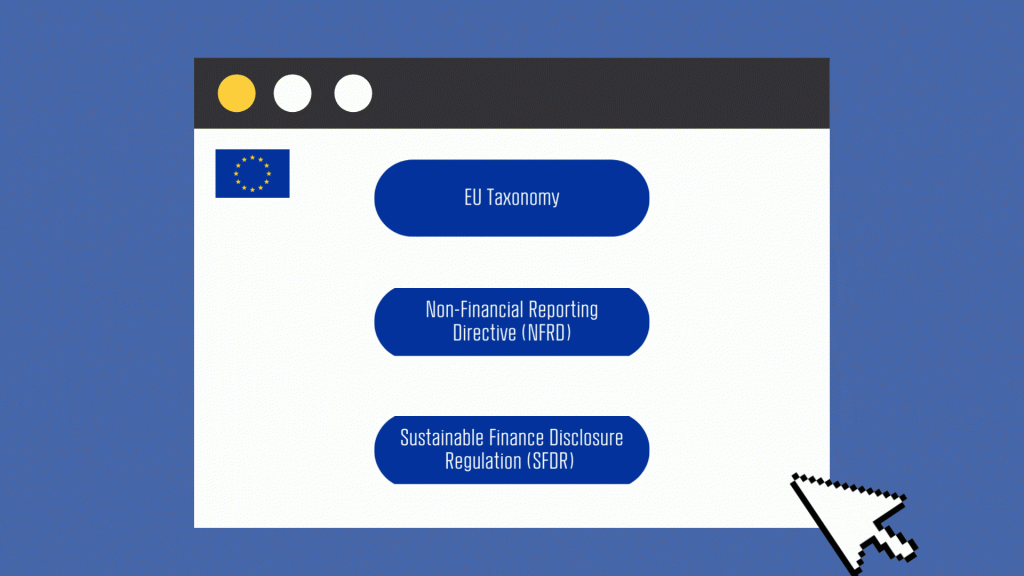Europe’s new sustainability regulations such as the Taxonomy and CSRD come with a risk: they may turn corporate sustainability into a “numbers game” with compliance being the main (and sometimes only) goal. We risk ending up with lots of reporting but too little actions. European companies face a wave of sustainability regulations, most notably the […]
Andreas Rasche
Resilience of Ukrainian Businesses – Battle for the Future
About the Episode In this episode, Andreas Rasche, professor at the CBS Sustainability Centre, and Nataliya Popovych, founder and president of One Philosophy, discuss some of the key findings of the third annual study of organizational resilience “Resilience. Battle for the Future”. Listen on your favorite podcast app
Should We Boycott the FIFA World Cup in Qatar?
On 20 November, the FIFA World Cup in Qatar is opening its doors. Billions of football fans around the world will tune in and watch this mega sport event. As we are getting closer to the opening match, I am often being asked whether I believe it is responsible to watch the World Cup or whether it is better to boycott the tournament. Here is my personal assessment.
“A little less unsustainable is not the same as sustainable” – Why including fossil gas & nuclear power will harm the EU Taxonomy
The EU Taxonomy reflects a classification system that assesses whether certain economic activities are environmentally sustainable. Without doubt, the idea is a good one and the Taxonomy acts as a prerequisite for the EU’s Corporate Sustainability Reporting Directive (CSRD) and the Sustainable Finance Disclosure Regulation (SFDR) to unfold their full potential. But: should fossil gas […]
How the EU Taxonomy Impacts Businesses Beyond Europe
In 2020, the EU launched its classification system for environmentally sustainable economic activities, the so-called “EU Taxonomy Regulation” (hereafter: the Taxonomy). The Taxonomy is part of an integrated system of new EU-wide sustainability regulations, including new disclosure requirements for investors. While the Taxonomy is based on EU regulation, it can be expected that it will […]
SFDR, NFRD and the EU Taxonomy – What is Their Relationship?
The new Sustainable Finance Disclosure Regulation (SFDR) is on the minds of many investors these days. While a lot has been written on SFDR itself, I discuss how it relates to the Non-Financial Reporting Directive (NFRD) and the EU Taxonomy on sustainable economic activities. Taken together, these regulations can be overwhelming and maybe even confusing. While this is not the right […]
Making Corporate Sustainability More Sustainable
For too many firms corporate sustainability is itself not a sustainable endeavor. Corporate sustainability initiatives are blossoming around the world. While some firms have built robust infrastructures around their efforts, other firms struggle to do so, making their engagement a short-lived endeavor. In other words, corporate sustainability is itself often not sustainable enough to create […]
Regulating 300,000 Years – Nuclear Waste, Sustainability and the Need to Talk to the Distant Future
Whenever we think about regulating sustainability problems, we usually think about the here and now or at least about the not too distant future. Even with regard to climate change, which clearly is a problem for future generations, regulators have a time horizon of not more than 30 or 40 years.
More CEOs Sacked For Ethical Failure Than For Poor Financial Performance
According to a recent study, for the first time more CEOs have been dismissed for ethical lapses than for poor financial performance (in 2018). What is the lesson? I think that we overvalue compliance and undervalue the effects of a corporate culture on sustainable business decisions… Just a few days ago, Strategy& (the consulting arm […]
Why Corporate Sustainability is Bullshit (And Why This is a Good Thing)
Corporate sustainability is full of statements, terms, and concepts that are empty, unclarifiable and vague. Instead of rejecting such vagueness altogether, we should embrace it. Bullshit can be productive. Consider the following statement: “The concept of shared value can be defined as policies and operating practices that enhance the competitiveness of a company while simultaneously […]










